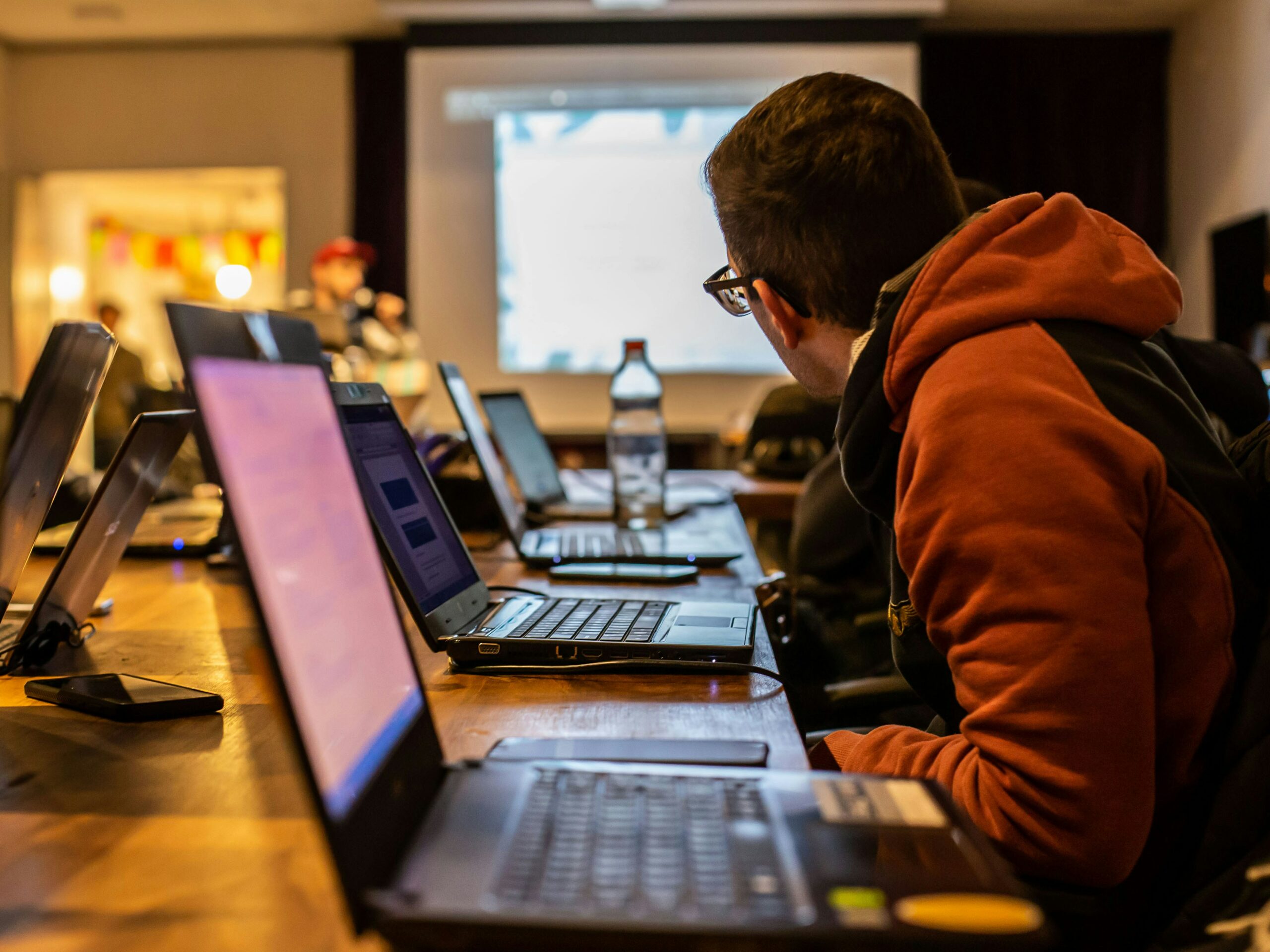
Today’s students are increasingly turning to artificial intelligence, not only for study aids, but also for social interaction and emotional support.
A new study from the Center for Democracy and Technology (CDT) warns that this widespread use of artificial intelligence is gradually weakening adolescents’ social and cognitive abilities , acting almost imperceptibly, like alcohol on the brain.
The CDT survey surveyed teachers, parents, and students . Nearly all respondents admitted using AI at least once in the past year: 85% of teachers and 86% of students. However, only 50% of teens use the technology for schoolwork, while 73% use chatbots for personal purposes.
The researchers cite the rise in children turning to AI as a “friend” or even a partner as the most alarming: 42% of respondents said they know someone who uses AI for emotional support or as a way to ” escape ,” and 19% admitted to having had a romantic relationship with a chatbot.
We recently wrote on these pages about the rise of ” digital partners” and wiresex , reporting that this trend is also gaining popularity among women because it is safe, convenient, and controllable.
Educators see this as a threat to the development of critical thinking . Seven out of 10 teachers surveyed believe that the use of AI reduces their ability to analyze, write, and reason independently .
These concerns are supported by the results of an MIT study : students who wrote texts using AI showed less brain activity and were less able to remember their work . Half of the students participating in the CDT study admitted to feeling less connected to their teachers when using AI in the classroom.
The CDT emphasizes that the problem is exacerbated by the lack of a systematic approach to AI training . Nearly half of teachers and students have received training in the use of the technology, but only 11% of teachers know how to respond if they suspect that AI interaction is harming a child’s mental health or encouraging risky behavior.
Following the study, the organization sent a letter to U.S. Secretary of Education Linda McMahon, urging her to implement the previously developed “ Principles for the Responsible Use of AI ” across all school curricula.
The letter, also signed by nine other organizations , states that current policies promoting AI in education lack the necessary level of protection and training. The CDT calls on US authorities to accelerate the implementation of ethical standards so that schools can reap the benefits of AI without putting students at risk of losing social and cognitive skills.
Follow us on Google News to receive daily updates on cybersecurity. Contact us if you would like to report news, insights or content for publication.
